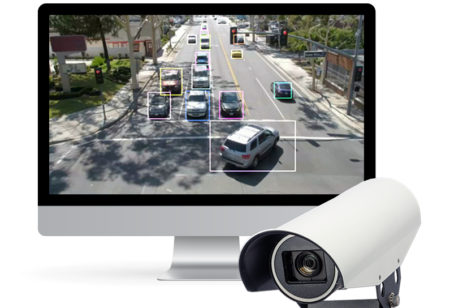FREEtheMIBS, an advocacy campaign to encourage traffic signal controller manufacturers, ITS device manufacturers, and public sector agencies to unite behind opening and sharing management information bases (MIBs), has gained another industry partner – LYT.
LYT is a developer of a cloud-based open-architecture software platform that uses state-of-the-art connected vehicle and machine learning technologies to prioritize the flow of vehicles, is the latest ITS industry player to join the group.
LYT’s ability to improve emergency response times and on-time transit arrivals relies on integration with third-party ITS devices.

“For us to prioritize the flow of vehicles in a safe and meaningful way, we rely on effective integrations with traffic signal controllers,” says Tim Menard, CEO and founder of LYT. “Working with FREEtheMIBS vendors makes it infinitely easier to deliver results in a timely fashion. We are proud to add our name to FREEtheMIBS to help advocate for an open, multi-vendor ecosystem that puts customers first.”
LYT’s technology enables the communication of first responders (police, fire, ambulance) and public transit vehicles with traffic management centers to prioritize those vehicles for consistent and reliable green lights that reduce response time and increase average vehicle speed. Signal priority helps responders get to the scene when seconds count and keeps public transportation on time for the efficient flow of people.
Open and free
The #FREEtheMIBs campaign began four years ago to advocate for traffic controller manufacturers and other ITS device vendors to open their MIBs to allow greater freedom of choice in selecting solutions that work best for them regardless of manufacturer. Open MIBs also create innovation through competition, advancing the ITS industry and improving traffic reduction, safety, and sustainability.
“We are excited to have another software company join FREEtheMIBS,” says FREEtheMIBS Advisory Board chair Trisha Tunilla. “LYT is a great use case for the benefits that can be realized through the open sharing of MIBs. Cutting through the bureaucratic red tape, they can more quickly and efficiently deliver quantifiable reductions in travel time and harmful emissions to communities. We look forward to having them advocate with us, dispel myths about open MIBS, and help advance the industry.”





